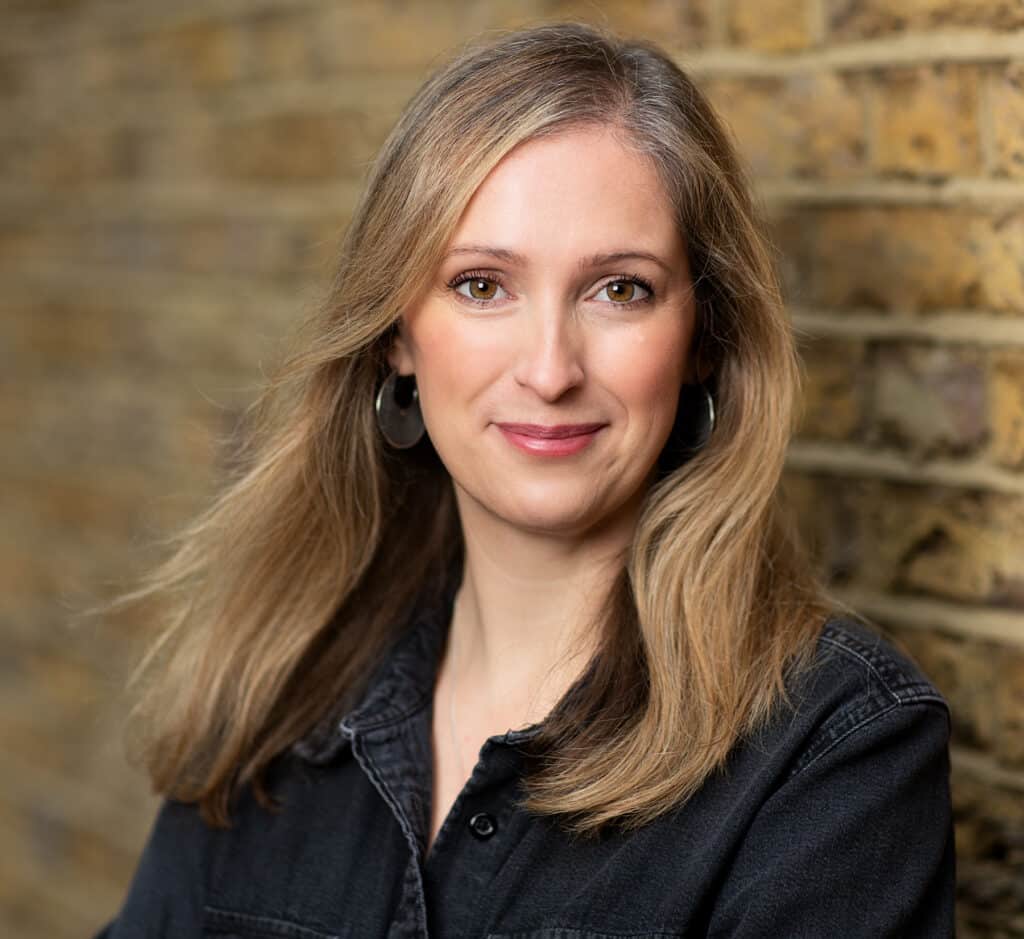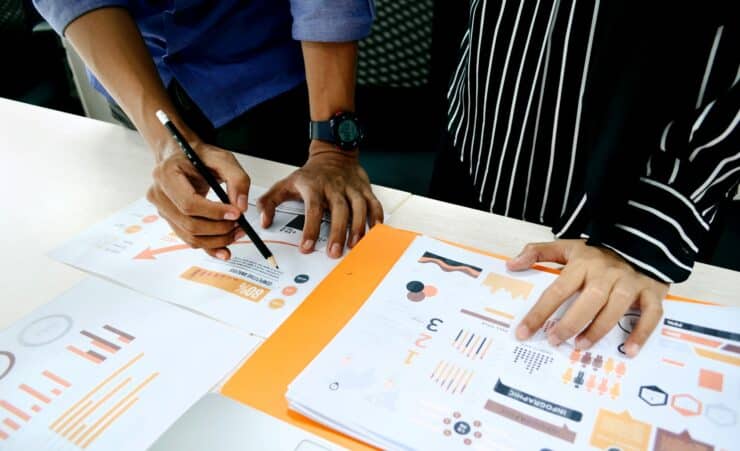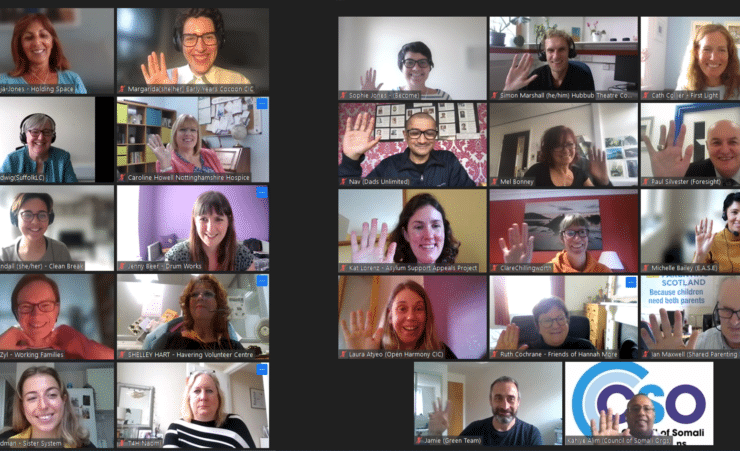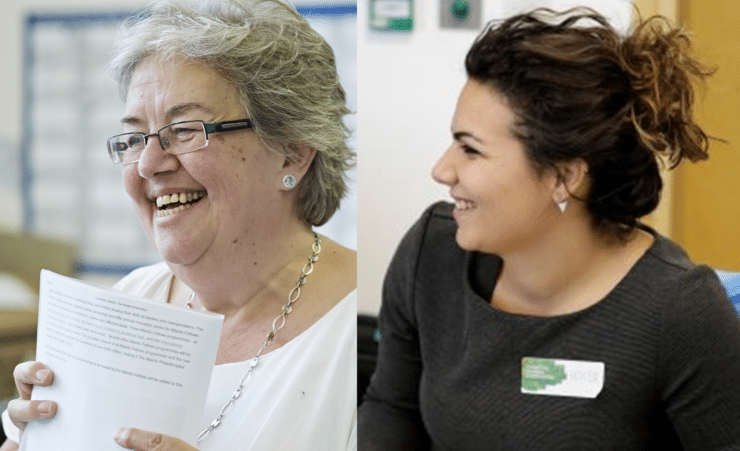
What is IVAR’s role in supporting Black or minoritised communities?
This year we used some of our core funding to initiate the Community-led Social Justice Project to ‘support community-led solutions to social justice issues that privilege the voice of individuals from Black or minoritised communities’. We wanted to use our platform to help enhance opportunities for diverse voices and experiences to shape and influence social change.
We worked with three organisations led by and supporting people from Black or minority communities to develop community-led solutions to social justice in their local area. Each organisation received four days of tailored pro-bono support:
- International Development Foundation Nottingham tested their assumptions about young people’s needs on mental health support services.
- Hackney Council for Voluntary Services, community organisations and commissioners developed anti-racist commissioning principles.
- Community Development Action Hertfordshire designed a new employment service for refugees, ex-offenders and those in recovery from drug and alcohol misuse and began sharing it with local partners.
I have been supervising this project, providing quality assurance, as well as delivering our work with Hackney CVS. Through this work I’ve learned a lot about IVAR’s role and what’s the most useful and appropriate offer we can make to support Black and minority-led community organisations.
There was room for our team and partners to experiment and learn throughout the project. Our focus was on creating brave spaces and trying to acknowledge the power dynamics at play wherever possible. Working alongside local partners in a complementary way has been central – our role was to draw out the strengths and assets of our partner organisations. It has made us reflect even more on our approach, positionality and identity as we sought to add value. Two things felt crucial –
- Being able to financially support participation where necessary. This helped enable attendance from people who would otherwise face barriers to participation and included travel expenses, food/refreshments and back-filling time.
- Using participatory methods (stories, visual methods) to hold conversations about topics that are emotional, heavy and often very personal.
IVAR has been providing strategy and research support for over two decades, and I feel this project emphasises the value of four features of our approach:
Working in partnership with a trusted, local partner: Working with partners to jointly design and deliver the work helped to ensure partners feel ownership over the work after we leave. It also legitimised our presence as a predominantly white organisation bringing social research skills to ethnically mixed groups, and privileging the voices of those from Black or minoritised communities.
Action research principles (Problem solving, practical, collaborative, useful to all) enabled our support to flex and adapt to the needs of each organisation and the people involved. We helped organisations reflect on what they already knew, challenged assumptions and supported their communities to share opinions, perspectives and experiences in their own voices.
Privileging lived experience: We explicitly focused on helping three organisations to reflect on who needed to be involved and put the voice of charities/service users/young people at the centre.
An offer that included acting as a sounding board to staff leads; providing an independent perspective; bringing process expertise (action research, participation, co-production); sharing learning on topics such as collaboration, commissioning, grant-making; and helping to situate the work in a wider context.
As we come to the end of the project, I’m thinking about what we could do next, reflecting on the learning about our practice and offer as an organisation. We are now exploring a future phase of the project, focused on supporting service user involvement; collaboration; and local systems thinking. We’re also working on sharing learning from our work to date, centering the voices of our partners, so look out for further updates in the new year.


